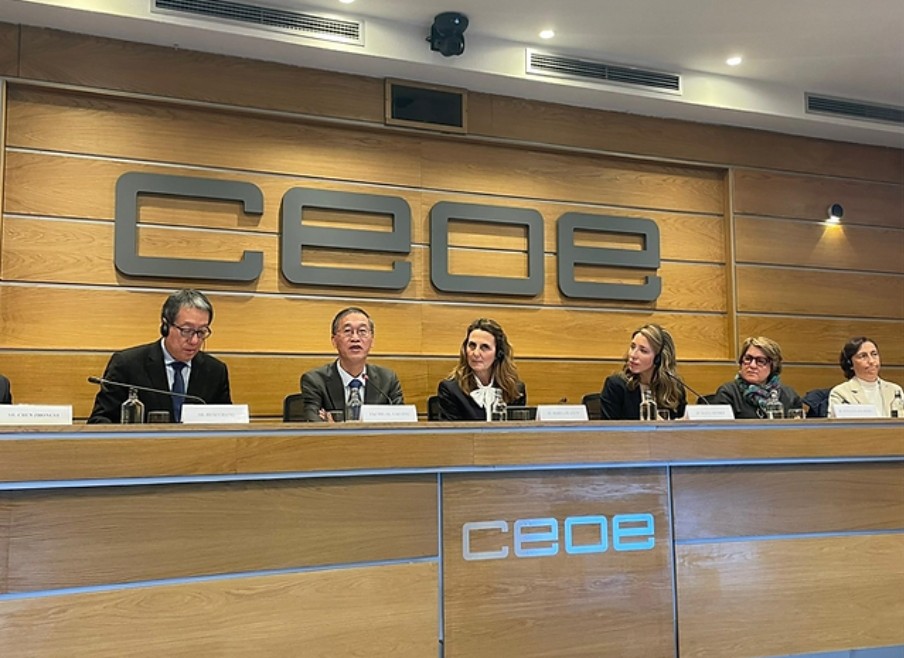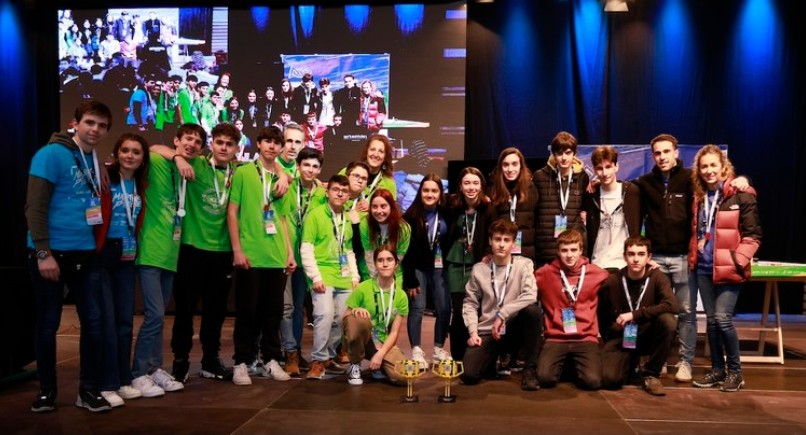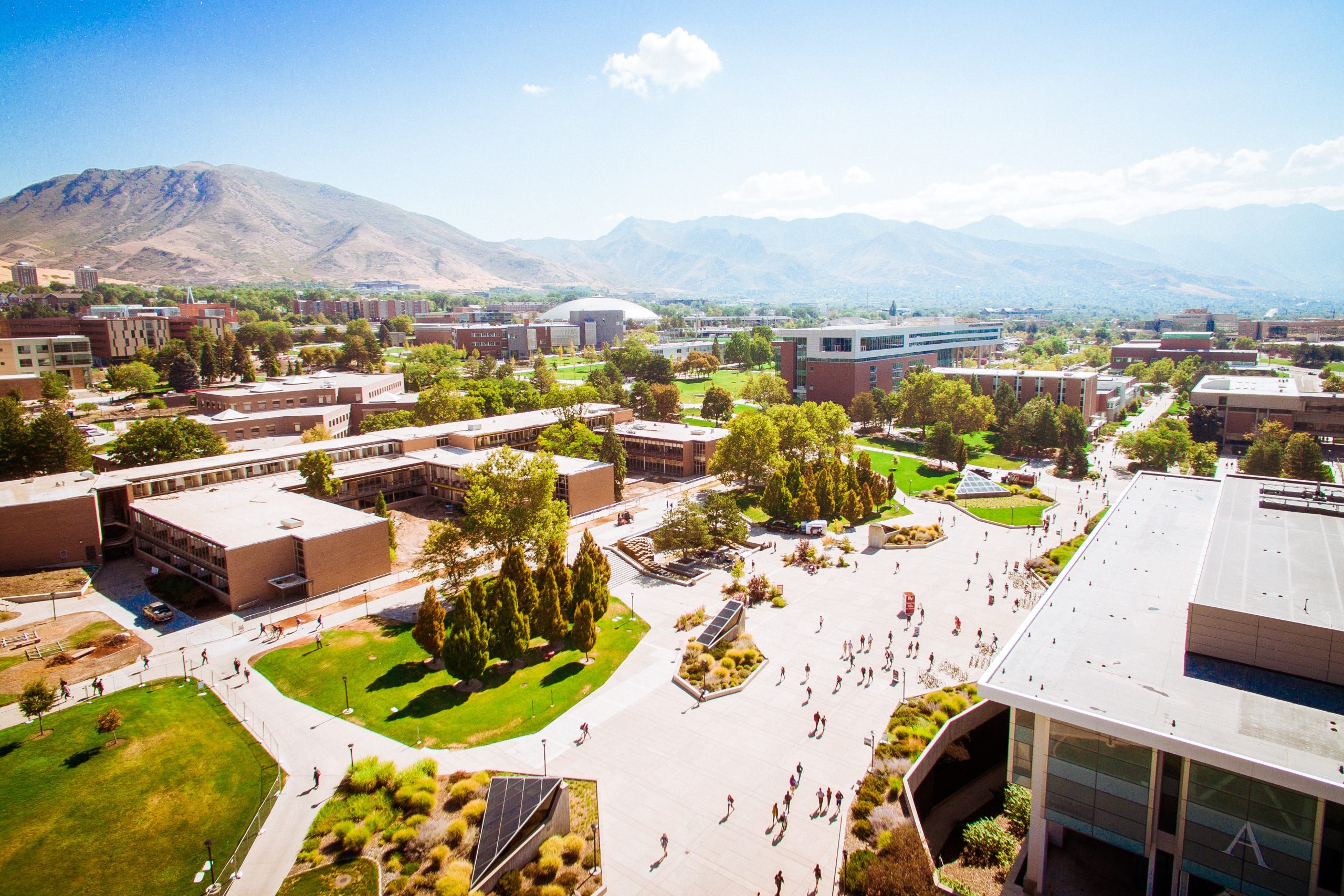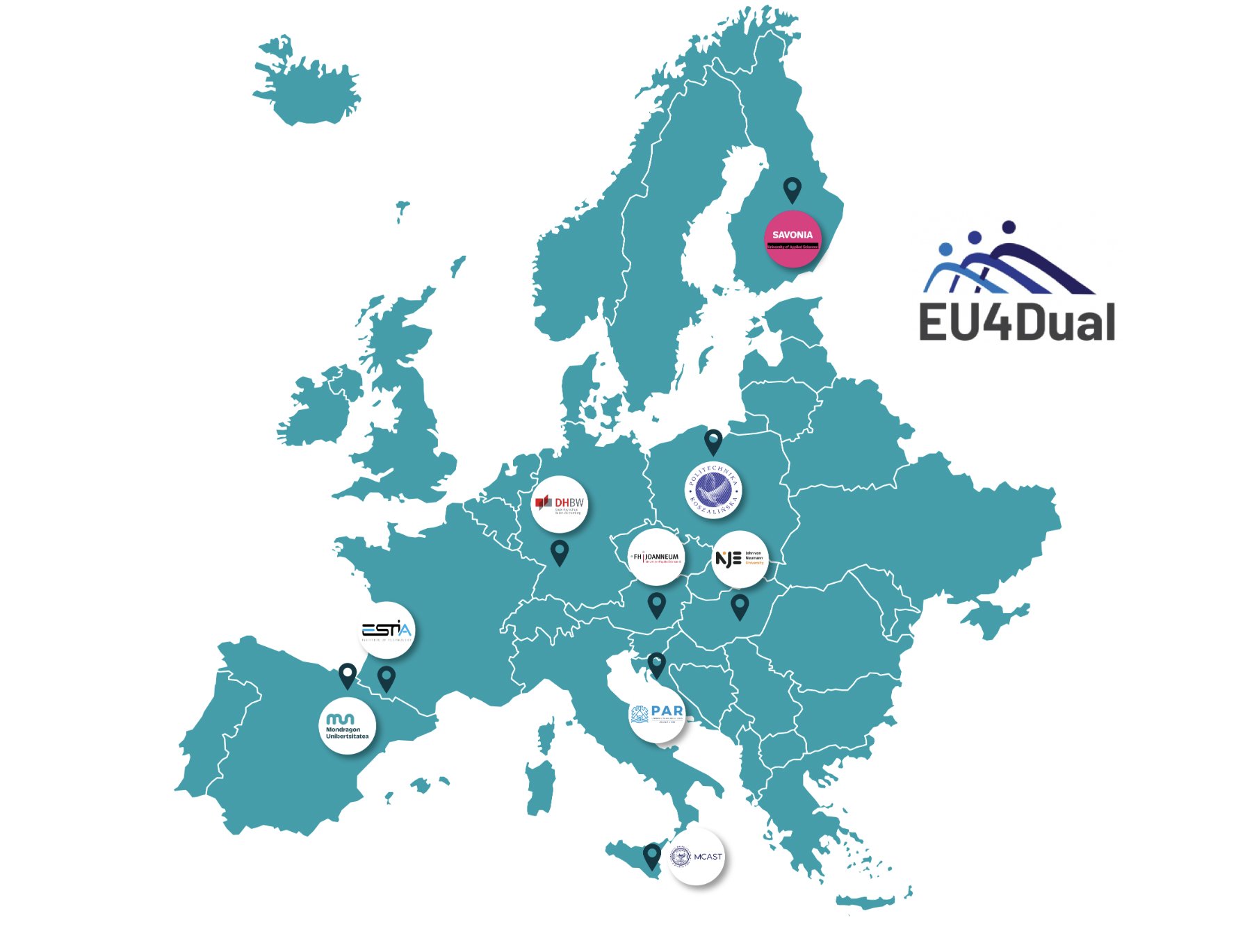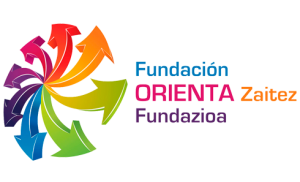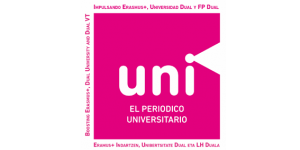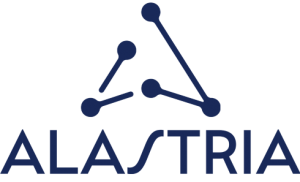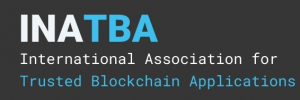The Spanish Service for Internationalization of Education, SEPIE (Spanish Service for the Internationalization of Education), attached to the Ministry of Science, Innovation and Universities, has published in recent days the Resolution of the applications selected in the call for strategic partnerships of the Erasmus + program of the European Union 2019.
The grants granted (31,164,097.72€) will allow financing 168 projects aimed at innovation and the promotion of cooperation activities for the exchange of good practices in Spain, specifically the Strategic Societies linked to the Spanish institutions in the educational field and formative.
This figure is distributed among institutions, educational centers, universities, companies, foundations, chambers of commerce, etc. and is framed within the nomenclature of “Strategic partnerships”, assumed by Brussels for this program. This finances measures aimed at supporting the development, transparency or incorporation of innovative practices and developing initiatives to promote cooperation at the European level of learning and peer experiences.
These are the main figures of the 2019 call: aid has been granted to 31 innovation development projects in the higher scope, with a total amount of 8,273,519.00€. This implies a 52% increase in the budget granted and a 55% increase in the subsidized projects compared to the previous call.
The direction of the selected projects is the vision of the European Commission, of the creation of a European Higher Space in 2025 and of the exploitation of the European scale with the importance of quality improvement, especially reinforcing European priorities in the context National: social inclusion.
These projects also enable the development of intellectual products, educational materials and open access resources, impact of high power in European higher education organizations and systems.
Figures
In the Vocational Training sector, 7,885,731.00€ have been granted for 46 projects, 34 for cooperation for the funds allocated for the development of innovation and 13% for the funds allocated and an increase of 13% compared to the previous call in number of projects. The beneficiaries of these projects are business associations, Chambers of Commerce, Educational Centers, and other important entities in this educational sector.
Among the projects financed are initiatives aimed at the incorporation of new technologies and the promotion of technological innovation in different sectors and processes, the creation of energy-efficient and productive models, as well as projects aimed at improving vocational training. and their qualifications.
In the School Education sector, 44 projects have been selected, to which 7,892,247.00€ have been allocated. Of these 44 projects, 33 are innovation and 11 exchange of good practices. The beneficiaries of these projects are universities, public administrations, educational centers, as well as other important entities in this sector.
The results of these actions will conclude with the adoption of measures aimed at improving educational quality, attention to pluralism and inclusion, the social and educational value of European cultural heritage, as well as early abandonment and disadvantaged situations. The 7,892,247.00€ awarded this year represents an increase of 29% in the funds granted and 22.2% compared to the previous call.
In the Senior Education sector, a total of 7,112,600.72€ has been allocated for 47 projects: 40 for the exchange of projects and good innovation practices.
The main objective of these projects is the integration of older people in a multicultural framework, improve the offer of high quality study opportunities, the development of guidance strategies and improve their literacy capacity, mathematical and digital competence.
Spain and its commitment to Erasmus +
Erasmus + focuses on learning (formal and non-formal) beyond the limits of the EU, with a clear vocation of internationalization, open to third countries, with the aim of improving the educational and educational skills of people, for employability of students, teachers and educators. These actions are aimed at students and teaching, administrative and services staff and are intended to:
- In the case of students: improve educational performance, improve employability, enhance work approaches and increase personal development and social participation.
- In the case of staff: improvement of their abilities, expansion of their skills, as well as the modernization of the educational and educational institutions that take part, as well as expanding knowledge of other practices, policies and systems.
All these data reflect, in short, the interest of Spanish centers and institutions, of all educational sectors, to participate in the Erasmus + program, placing Spain among the leading European countries in this program.



